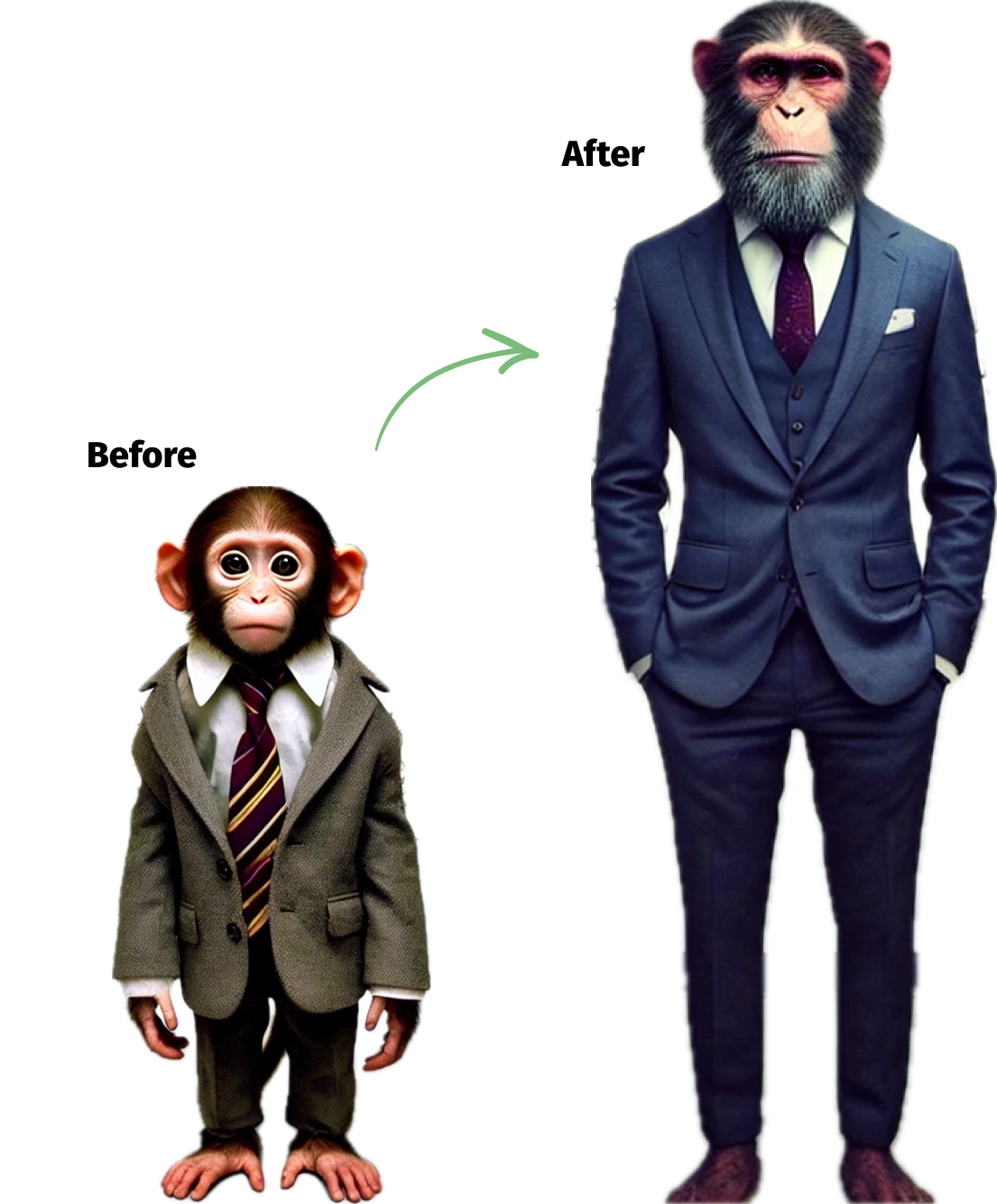Benefits of Specialist Negotiation Experts
As the saying goes, ‘jack of all trades, master of none’.
There are many generalist firms who offer training in negotiation among other skills: communication, sales, leadership, ‘becoming a trusted advisor’, etc. HR departments seem to love these apparently ‘integrated’ programmes. But they are being sold a lemon.
Negotiation is a specialist skill. It is not just about communication (though a good communicator and a good negotiator will both have great questioning and listening skills). Nor is negotiation merely what you tack on to the end of a sales pitch.
Too often, the generalists have cobbled together a ‘negotiation course’ from reading a few books (mainly from the Harvard stable, so they inherit the flaws of that approach). A course derived from a number of other people’s content will lack a coherent intellectual structure. And most generalists’ negotiation courses are run by generalist tutors who cannot answer credibly the questions your negotiators ask about problems they face in the real world.
Negotiation tactics and gambits
To give one important example, the generalists lack expertise in the tactics and gambits that are used in high level negotiations. It is no longer enough to go to the table equipped with only generic (but important!) concepts like ‘ask about the other side’s interests’, ‘ask for what is valuable to you and cheap to the other side’ plus a few now-quite-well-known practical pointers like ‘no free concessions’.
If the other side is sophisticated they will be using forms of words calculated to mislead you without lying. They will be using tactics like the Beauty Contest (“we have a better offer from your competitor”) and Limited Authority (“I don’t have the authority to agree to that”). They will try to pinch a final concession from you when you think the deal is done. And they will put pressure on you by subjecting you to a negoti-auction. The generalists do not adequately prepare your negotiators to use these tactics, to counter them, and to counter the counters. (Nor do most of the specialists, but that’s another story!)
Negotiation: A business skill
The board game Monopoly has a card saying ‘you have won second prize in a beauty contest, collect £10.’ When my family plays, the person who draws this card is always mocked with calls of “but there were only two contestants”.
Negotiation is the business skill that makes the most difference to your bottom line. It’s a specialist skill. And being half-trained by a generalist is better than being untrained. But in a two-person game like negotiation, ‘winning second prize’ is better described as being the loser.
Jacks of all trades are masters of none. And as any card player knows, jacks lose to aces.
So hire the aces.


